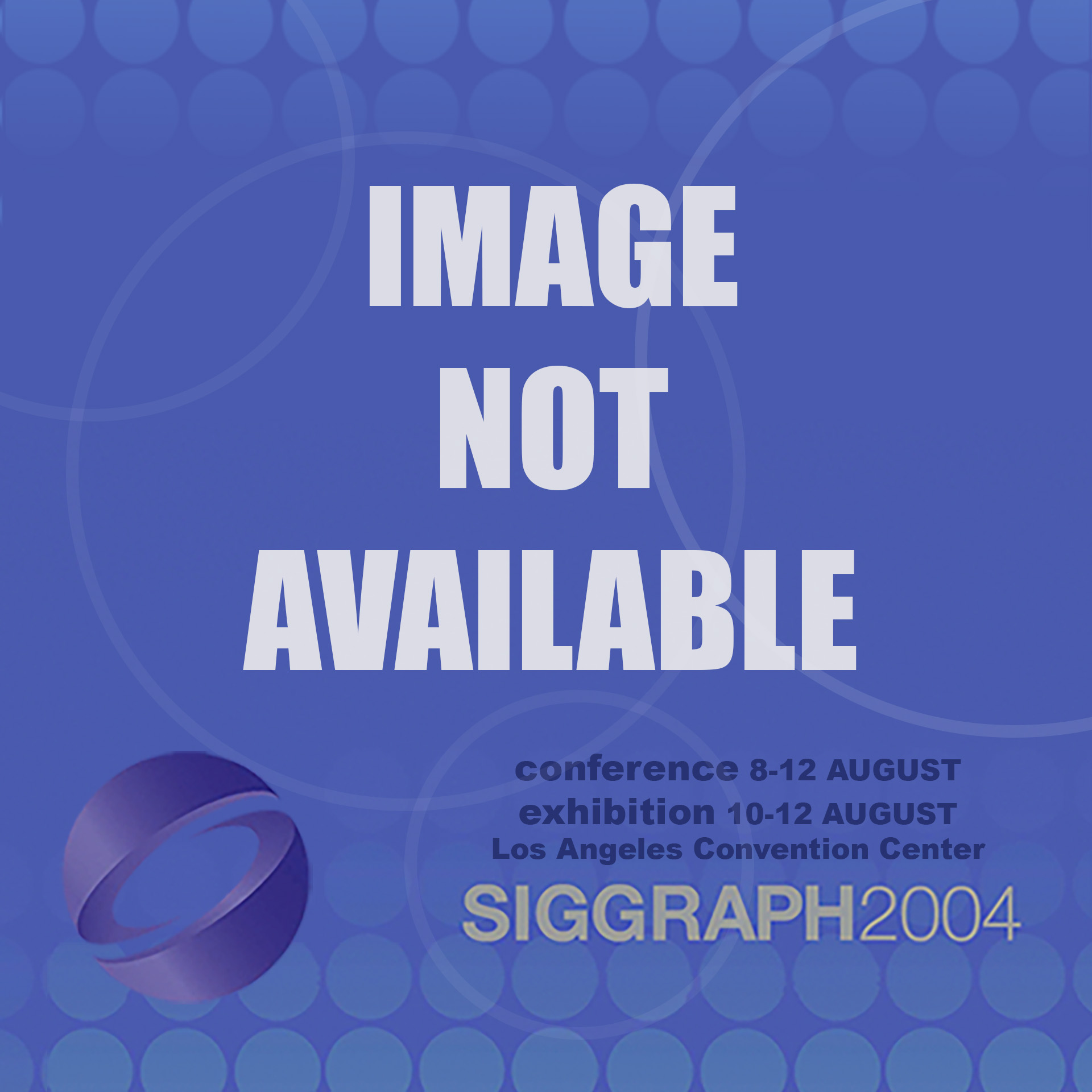“A 3-D Computer Game Controller: Design and Applications” by Pezeshk and Imaninejad
Conference:
Type(s):
Title:
- A 3-D Computer Game Controller: Design and Applications
Presenter(s)/Author(s):
Entry Number:
- 096
Abstract:
During the past few decades from the invention of first gaming systems, there have been only a few designs for 3-D game controllers, most of which were released in limited numbers due to their high cost. These controllers were as a result targeted towards virtual reality applications and have less been used for home gaming applications. Ultrasonic ranging [Logitech 1992] and image processing techniques [Marks 2000] are among the methods used to track the position of the handheld compartment (HC) of the controller. Both of these methods impose some requirements on the environment in which they are utilized in, to have the desired performance. Highly reflective surfaces or materials in the vicinity of the transceivers cause unwanted echoes in the received signal which degrades the performance of ultrasonic ranging methods. Image processing techniques require high processing power and some sort of distinction, usually in color, between the background and the HC. Additionally, both of these methods fall short in tracking fast motions of the controller, which further limits their application.
In this work, a novel design for a 3-D computer game controller using Micro-Electro-Mechanical-Systems (MEMS) sensors is presented. The proposed design is virtually independent of the environment in which it is used and requires small processing power.
References:
1. Logitech, 1992. 3D mouse and head tracker. Technical reference manual, available online at www.vrdepot.com/manual–tracker.pdf
2. Richard Marks, 2000. Medieval Chamber. Emerging Technologies, etech 58, SIGGRAPH.
3. Seungbae Lee, Gi-Joon Nam, Junseok Chae, Hanseup Kim, and Alan J. Drake, 2001. Two-dimensional position detection system with MEMS accelerometers for mouse applications. In The Proceedings of the 38th Design Automation Conference (DAC 2001), Las Vegas, NV.
4. David H. Eberly, 2004. Game Physics, Elsevier.





